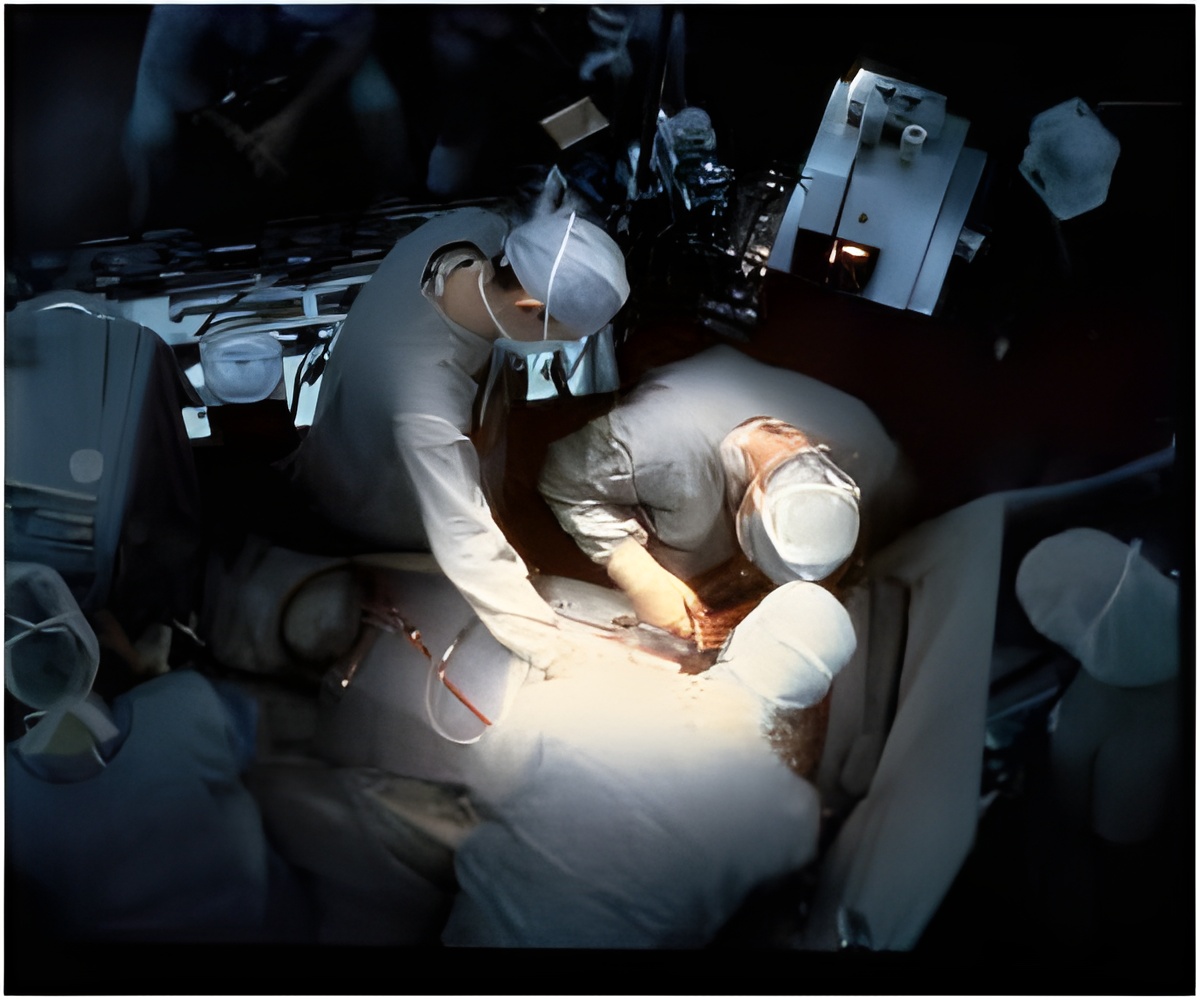Continuing life after a heart bypass surgery may be good for many years. However, it could increase mortality after 10 years.

‘The probability of continuing life after heart bypass surgery is close to being the same as the general population. However, it may increase mortality after 8-10 years.’





This is the main conclusion of a comprehensive national register-based study that sheds light on the thirty-year prognosis following a heart bypass operation, which has just been published by the Department of Clinical Epidemiology under the Department of Clinical Medicine at Aarhus University.The basis for the study is all of the approx. 51,000 Danish patients who have undergone surgery in the period 1980 - 2009. They have subsequently been correlated with a control group of 500,000 people of the same age and gender drawn at random from the general population.
"The study shows that the rate of survival has improved over the last three decades, so that the probability of continuing your life following bypass surgery is close to being the same as in the general population. This holds true providing that the patient has successful surgery and for the eight-ten years after the surgery. However, after this point the prognosis changes," says medical doctor and PhD student Kasper Adelborg from the Department of Clinical Epidemiology.
Kasper Adelborg is the primary author of the publication 'Thirty-Year Mortality After Coronary Artery Bypass Graft Surgery. A Danish Nationwide Population-Based Cohort Study', which has recently been published in the American journal Circulation: Cardiovascular Quality and Outcomes.
The study shows that ten-year-survivors have an increased mortality of between 60 and 80 per cent when compared with the general population. This may be due to the fact that the disease is progressive and that the atherosclerosis or hardening of the arteries increases, or that the implanted material begins to fail.
Advertisement
"Of course, this has to do with the fact that we in Denmark have unique opportunities to link register information from the registries. When we work with a control group of half a million Danes, we have the possibility of directly comparing the prognosis for a 55-year-old man who has undergone bypass surgery with a 55-year-old man who has not had surgery from the control group," explains Kasper Adelborg.
Advertisement
In addition to the new knowledge about a special 'period of attention' 8-10 years after the bypass surgery, the first month is particularly critical.
Within the first 30 days after bypass surgery, patients have an increased risk of dying in connection with the operation, which is not in itself new.
"It is well-known that there are risks associated with a complicated operation in the heart, but fortunately mortality in connection with the surgery itself is quite low. What is new is that we have precise figures for the prognosis, including the long-term prognosis for patients who have undergone bypass surgery, compared with the rest of the population," says Kasper Adelborg.
Source-Eurekalert















